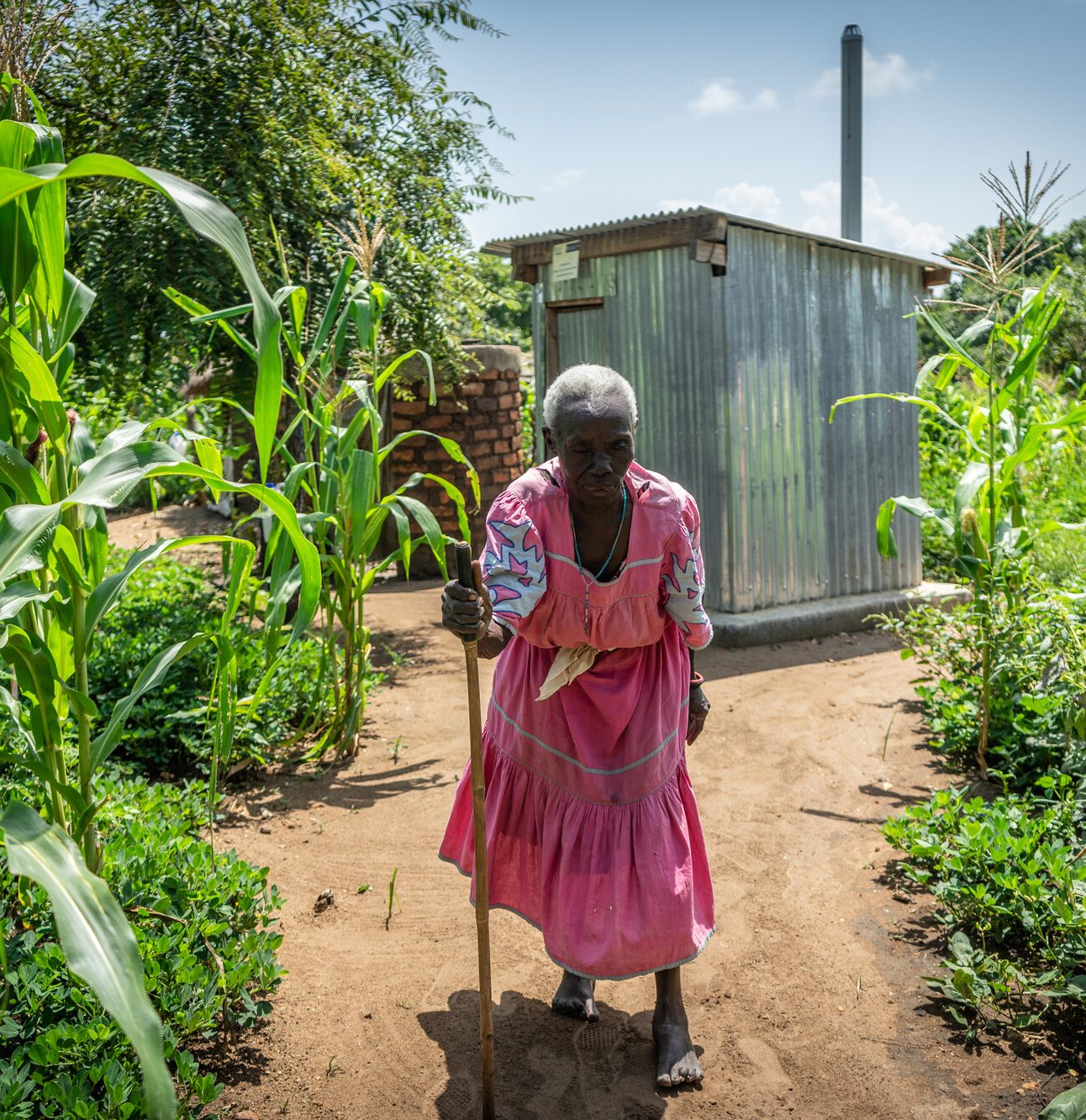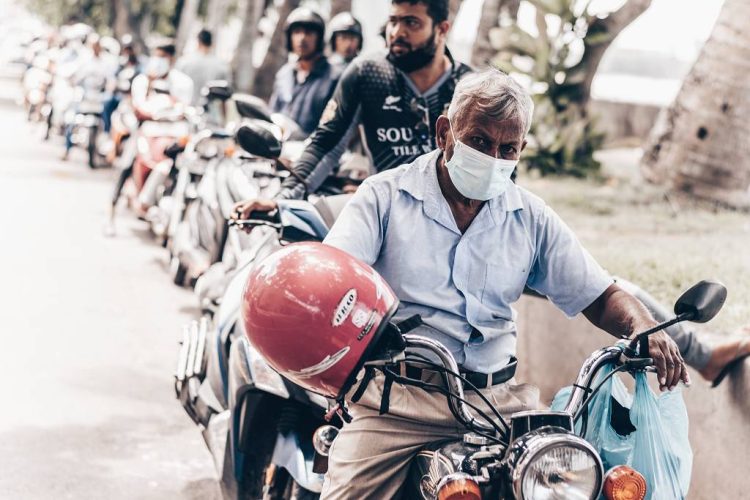High levels of food poverty
Older people s diets have undergone significant and detrimental changes with food consumption and dietary variety in severe decline.
Older people are spending their days without food. In extreme situations, they go to bed without eating, unless they receive some support from a neighbour.
Study participant, Mozambique.
Older people are skipping meals, consuming less food, and cooking less due to the high cost of fuel, causing their health and nutritional status to decline.
Unable to afford basic needs
Older people are also facing increasing difficulties in meeting their basic needs and some have even resorted to selling their assets or begging on the street to make ends meet.
For me, fuel, food and financial crisis is just one all boiling down to financial needs of older people. The reason why you re hungry is because you don t have enough money to buy food for yourself and for your family.
Study participant, Philippines.
Without adequate social protection, finance or credit options, many older people are depleting their savings to survive the crisis, with no safety net to rely on.
Gender inequalities exacerbated
Older women are experiencing even greater shortages of food and nutrition than older men.
Older women lack opportunities to earn money to support themselves and their families. And past unpaid domestic and caregiving roles, mean many are denied any form of social protection, such as pensions.
Health and wellbeing taking a severe hit
Healthcare expenses increases have ranged from 35 to 70 percent – adding to the financial burden of older people.
Higher fuel and transportation costs also prevent some from visiting hospitals and clinics for medical treatment.
Medicine prices have gone up and it is affecting our health as older people. Sometimes we get a dosage that is not enough because the money is not enough. Medicine is scarce and expensive in a way that we cannot afford to buy, and we think we are going to die. We get sick and we no longer go to the hospital due to high transportation costs and now we cannot even afford to just buy at the pharmacy; the only thing left is for us to die. -Study participant, Malawi.
The provision of home-based care has also decreased in some areas and social isolation is increasing.


